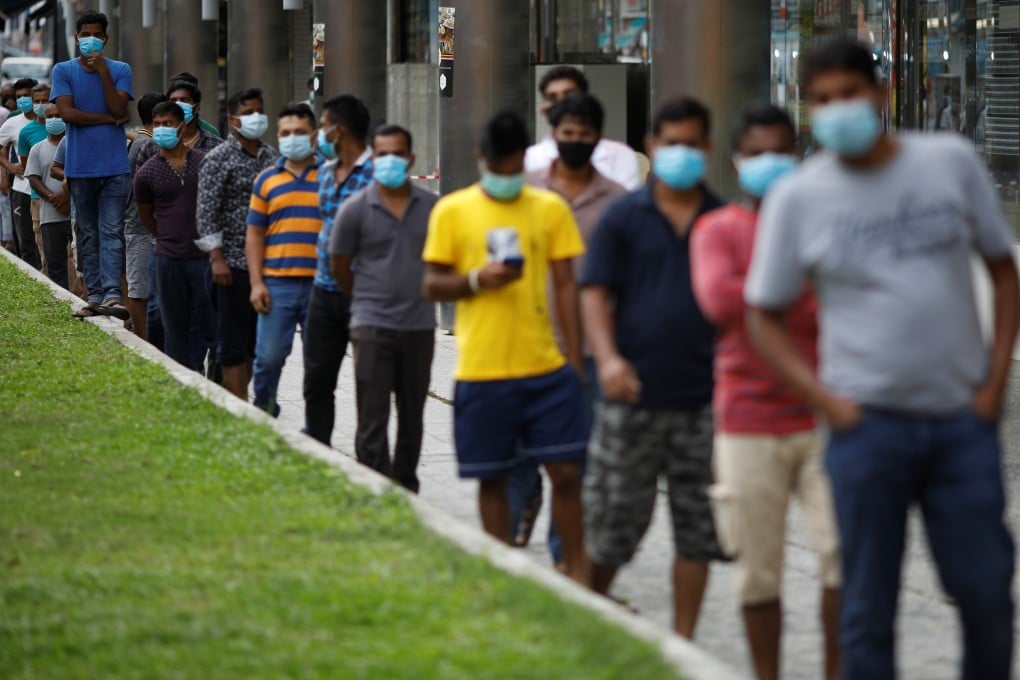Advertisement
Opinion | How Singapore can draw the right lessons from the coronavirus crisis
- The government made three important mistakes in its Covid-19 response, and attributing blame correctly will inform future decisions
- Singapore can learn lessons of diversity and humility from the crisis, and take note of the stoic resilience and adaptability of the Hong Kong people
Reading Time:10 minutes
Why you can trust SCMP
0

Having been holed up in a supposedly dysfunctional and badly governed Hong Kong for almost all of the last three months, it’s been quite surreal for me to observe from afar how the usually high-performing Singapore government has struggled to suppress the spread of SARS-CoV-2, especially in the (now-quarantined) dormitories that house tens of thousands of lowly paid migrant workers. Alongside this public health crisis is an emerging political one: how much blame, if any, should the PAP government bear for the decisions that have led to the current state of affairs?
By now, it should be quite apparent that the Singaporean government made three important decisions (or non-decisions) that, with hindsight, have turned out to be mistaken.

The first was the initial assessment that Covid-19 was closer in severity to swine flu (or H1N1) than to Sars; this initial assessment informed the government’s decision not to close schools or introduce any of the lockdowns or shutdowns that are now (or were) in place in almost every major economy.
The second was the decision to actively discourage the wearing of masks. And the third was the decision (assuming it was a deliberate choice) not to take stronger, more decisive action in the foreign worker dormitories after a non-governmental organisation (TWC2) had highlighted earlier that given the crowded living conditions, the dormitories were a major source of vulnerability in Singapore’s containment efforts.
One of the many paradoxes in this crisis (for me at least) is that while the government should probably be blamed only for the third decision above, Singaporeans seem more eager to judge the government harshly on the first two decisions. Meanwhile, there seems to be a coordinated effort by some people to defend the way foreign workers in Singapore are treated. Attributing blame correctly, even at this stage, is important because the stories and narratives we tell ourselves now about what went wrong will inform the lessons we draw, and the policy reforms we eventually make, after the crisis.
“Known unknowns”
Advertisement
